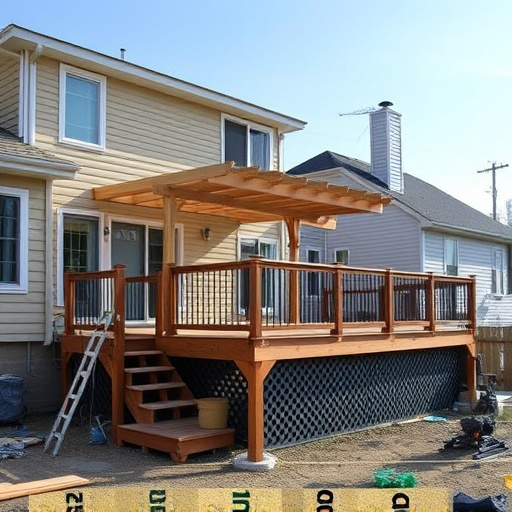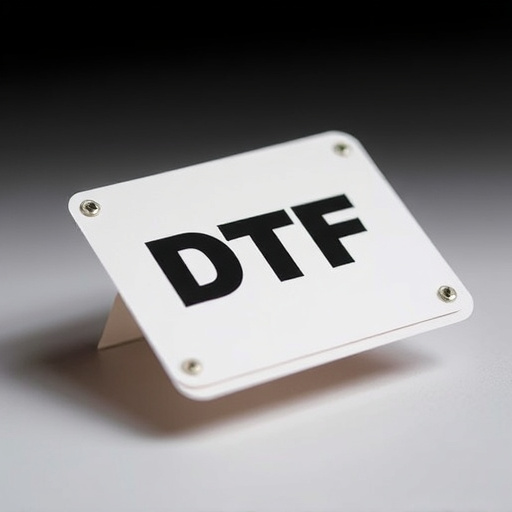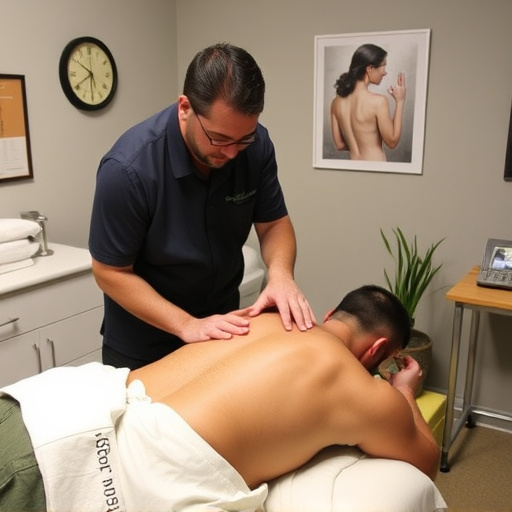When a spine injury workers comp claim is denied, it's crucial to analyze the reasons given in the denial letter, gather robust medical evidence (including reports from treating physicians, diagnostic imaging, and treatment records), and document the history of pre-existing conditions. Present a clear argument by reviewing the initial decision, identifying gaps or misinterpretations, and highlighting relevant records. Emphasize the impact of injuries on work abilities, need for specific care like spinal adjustments, and the link between injuries and workplace incident, to strengthen your spine injury workers comp claim and ensure access to necessary treatments and compensation.
Navigating a denied spine injury workers’ comp claim can be daunting, but understanding your rights and gathering solid evidence is key. This guide outlines essential steps to appeal effectively. First, grasp the common reasons behind denials and familiarize yourself with your legal entitlements. Then, assemble comprehensive medical documentation to strengthen your case. Finally, craft a persuasive argument, focusing on the impact of your injury on your work capacity. By following these steps, you can confidently navigate the appeals process for your spine injury workers’ comp claim.
- Understanding Denial Reasons and Your Rights
- Gathering Comprehensive Medical Evidence
- Crafting a Persuasive Appeal Argument
Understanding Denial Reasons and Your Rights

When your spine injury workers comp claim is denied, it’s crucial to understand why. Denial letters typically cite specific reasons, such as insufficient medical evidence, lack of connection between work and injury, or questions about the severity of the condition. Familiarizing yourself with these reasons empowers you to gather the necessary documentation and strengthen your case.
Understanding your rights is equally important. As an injured worker, you have the right to appeal the denial and present additional information that supports your claim. Seeking guidance from legal professionals who specialize in spine injury workers comp matters can help ensure you exercise these rights effectively. They can assist in navigating the complexities of appeals processes and advocate for your access to essential treatments, including chiropractic care and functional rehabilitation, aimed at providing joint pain relief.
Gathering Comprehensive Medical Evidence

When appealing a denial in a spine injury workers comp claim, gathering comprehensive medical evidence is paramount. This includes detailed reports from treating physicians, diagnostic imaging such as MRIs or X-rays, and records of all treatments, surgeries, or interventions related to the injury. It’s crucial to ensure that every aspect of the patient’s condition is thoroughly documented, including any history of pre-existing conditions and the impact on daily life and work capabilities.
The goal is to present a clear and compelling case that supports the need for compensation. This may involve discussing the progression of symptoms, the effectiveness (or lack thereof) of conservative treatments, and how functional rehabilitation has (or hasn’t) relieved neck pain or back pain relief. Such evidence not only strengthens the appeal but also fosters a better understanding of the extent of the injury and its long-term effects on the worker’s ability to return to their pre-injury level of function.
Crafting a Persuasive Appeal Argument

When crafting an appeal for a denied spine injury workers comp claim, it’s crucial to present a clear and compelling argument that addresses the specific reasons for denial. Begin by thoroughly reviewing the initial decision, identifying any gaps or misinterpretations of medical evidence. Gather all relevant records, including diagnostic reports, treatment notes, and physician statements, highlighting those that directly support your case.
Focus on communicating the extent of your injuries and their impact on your ability to work. Incorporate details about your ongoing pain management, such as prescribed treatments, medications, and any significant improvements or setbacks. Use language that emphasizes the necessity of appropriate care, including spinal adjustments, to manage back pain relief and ensure long-term functionality. Present a unified narrative that connects your injuries to the workplace incident, demonstrating how they prevent you from returning to your previous job duties.
Navigating a denied spine injury workers comp claim can be challenging, but with the right approach, you can increase your chances of success on appeal. By understanding the common reasons for denials, gathering robust medical evidence, and crafting a compelling argument that highlights the severity and impact of your injury, you can present a strong case. Remember, your rights matter, and persistence in the appeals process could lead to the compensation you deserve for your spine injury-related workplace incident.














